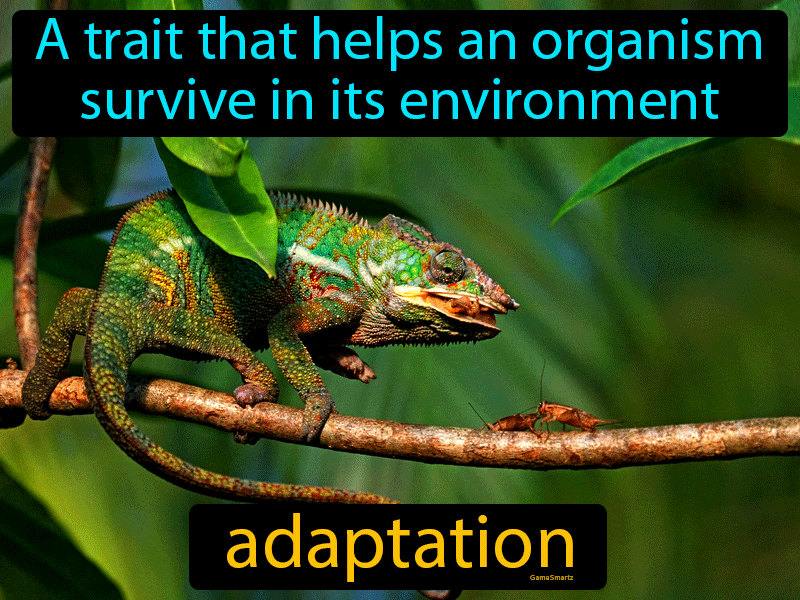My plan for this week was to reflect on the second simulation—even though it seems like it was weeks ago it was just this past Monday! For the simulation, Noël, Molly, and I represented South Pacific Business Development. The group focused on micro-finance and our team came up with a plan that balanced the climate initiatives of the resolution with our own economic interests. We were quite pleased with our plan as we assumed it would be well-received and not have a lot of controversy, but we were in for a big surprise. For a significant amount of the debate period on Monday the discussion centered around dredging and the sustainability of it, not leaving any space for our group to really contribute to the conversation.
Once we were finally able to propose our amendment, it was almost immediately shot down, leaving us feeling rather defeated. We had even come up with counterarguments to address the concerns and cons brought up during debate, but we were never able to use them. Here's what we had typed up on the document to gather our thoughts on the debate on our amendment:
We’re not representing them, we have pre-existing micro-finance operations in them and they wouldn’t be using their resources but rather adding workers from ¼ of the Kiribati population. Additionally, the integration process is not set on moving I-Kiribati’s only to the previously mentioned countries, however, this plan would be more beneficial for the people to begin an integration process before the island is completely under water.
- Also we are financed by China and Japan so…
- We have partnership with countries
- They’re going to be consulted and there will be talks with the UN
- Also it’s not all people going to those places, it’s only a quarter of population at first
- Literally integration problems are happening with Syrian refugees right now - they can’t work and are forced into poverty
Even though we didn't get to share all of these thoughts and ideas with the rest of the class, I am glad that I got the be part of this group. I think it's important to realize that within any one issue there are so many different interests and finding a compromise that all the interests agree on is very hard. It may have been frustrating, but the simulation still made me very excited to actually work in this field one day. I find it so interesting and find a lot of value in making compromises because how else is anything going to get done in our country, let alone our world?
World Politics has truly been a wild ride and I will definitely miss this class but I'm excited to build upon what I've learned here over the rest of my college and life experience! Thanks PTJ (:

